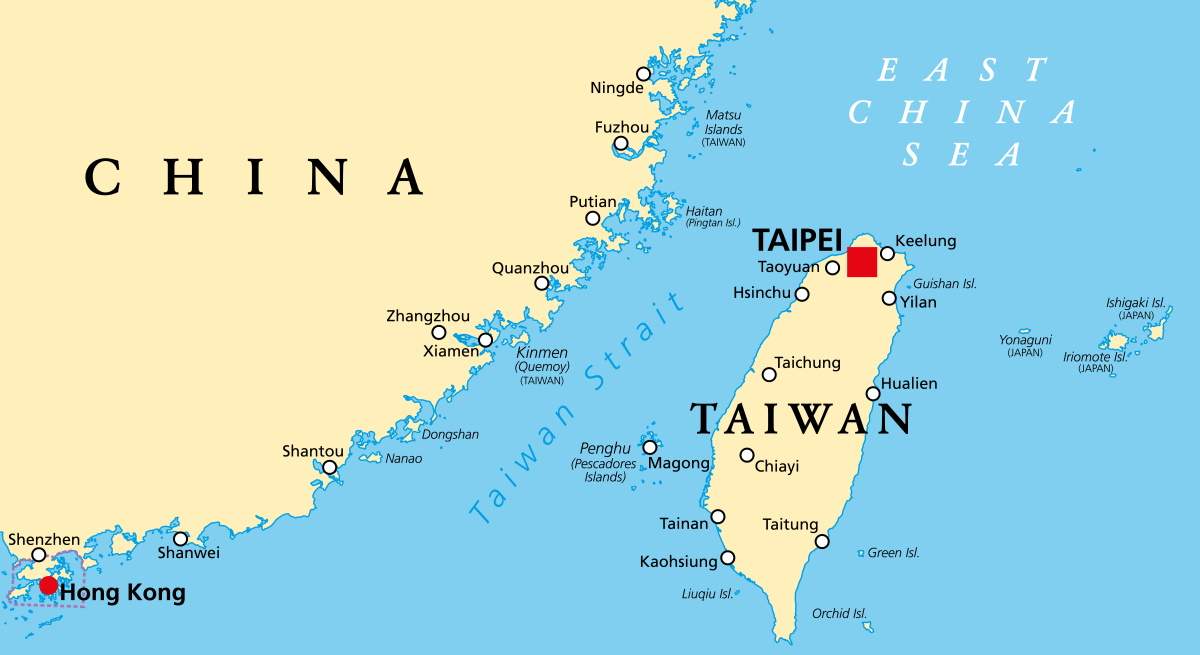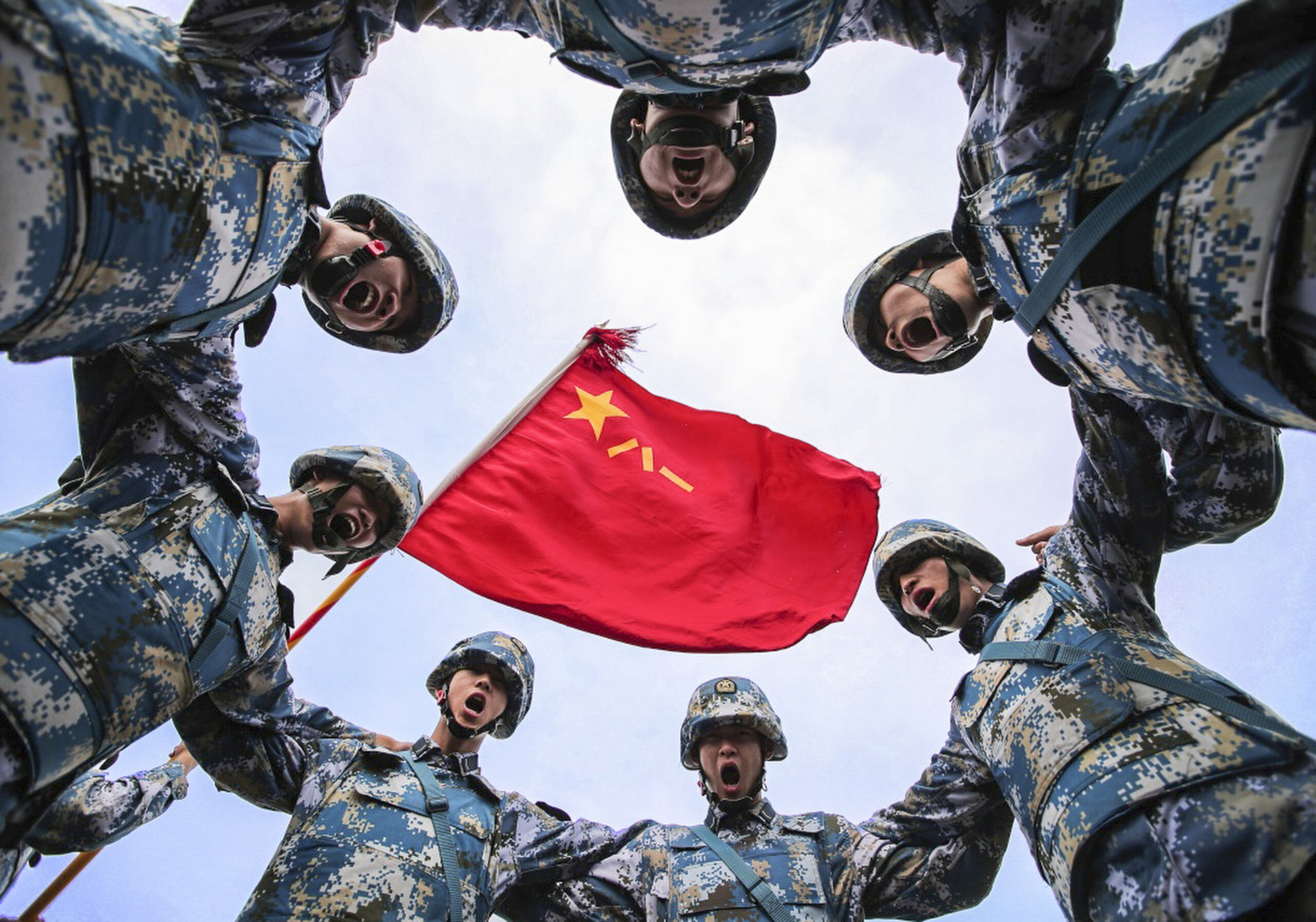by Martin Haffner Associate Editor
In a significant escalation of military posturing, China has commenced extensive military exercises in the waters surrounding Taiwan. This development, occurring against a backdrop of rising geopolitical tensions, has sparked fears of a potential invasion, raising alarms not only in Taipei but also among global powers observant of the Taiwan Strait.
Context of the Drills
The Chinese military’s latest maneuvers mark the largest series of drills near Taiwan in recent years, coinciding with heightened rhetoric from Beijing regarding its territorial claims over the island. Official statements from the People’s Liberation Army (PLA) have frame these exercises as a necessary response to perceived provocations, particularly from the United States and its allies, which have intensified their support for Taiwan, including arms sales and diplomatic backing.
These drills include live-fire exercises and the movement of warships and aircraft, simulating a blockade and potential invasion scenarios. Images and videos released by Chinese state media showcase an array of military hardware, underscoring the seriousness and scale of these operations.
Implications for Taiwan
Taiwan, which has its own democratically elected government, views China’s actions as not only a threatening show of force but also as a direct challenge to its sovereignty. In response to the military drills, Taiwanese authorities have stepped up their defense readiness, with President Tsai Ing-wen stating that the island will not be provoked but will firmly defend itself if necessary.
Taiwan’s Defense Ministry has emphasized that it is closely monitoring the situation, ready to respond to any aggressive actions. The island has also been ramping up its military capabilities in recent years, investing in advanced technology and potentially seeking closer ties with other regional powers as a counterbalance to Chinese military growth.
Reactions from the Global Community
The international reaction has been swift and pointed. The United States, a key ally of Taiwan and a supporter of the “One China” policy, has reiterated its commitment to Taiwan’s defense. U.S. officials expressed concerns about the escalatory nature of China’s drills, urging Beijing to exercise restraint and engage in dialogue instead of military intimidation.
Allies in the region, including Japan, have also expressed heightened apprehension regarding China’s expanding military influence. Japan’s Prime Minister, Fumio Kishida, recently underscored the importance of peace and stability in the Taiwan Strait as essential for regional security, signaling Tokyo’s increasing willingness to engage in regional defense discussions and collaborations.
Historical Context
The Taiwan Strait has long been a flashpoint in U.S.-China relations. Since the end of the Chinese Civil War in 1949, Taiwan has operated as a separate entity, despite Beijing’s insistence on its claim over the island. Recent developments, including changes in U.S. policy towards Taiwan and China’s growing assertiveness in the Indo-Pacific region, have created a climate of anxiety and uncertainty.
Historically, China has not hesitated to demonstrate its military capabilities in response to perceived threats, ranging from diplomatic engagements to military standoffs. The current situation marks a notable increase in tension following years of relatively restrained military posturing. Analysts suggest that the timing could be influenced by various factors, including domestic politics within China and the changing dynamics of U.S. foreign policy.
Looking Ahead
As the military drills unfold, the world watches closely. The potential for miscalculation is significant, and the implications of an armed conflict in the Taiwan Strait could be catastrophic, not only for the region but for global stability. The interconnectedness of economies and the potential for a broader conflict lead many international observers to advocate for diplomacy over military confrontation.
In conclusion, China’s military exercises near Taiwan have not only reinforced fears of an impending invasion but have also highlighted the delicate balance of power in the region. As both Taipei and Beijing bolster their military capabilities, the importance of diplomatic channels and international cooperation becomes ever more critical to ensuring peace in one of the world’s most contentious areas.



